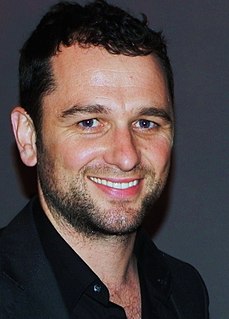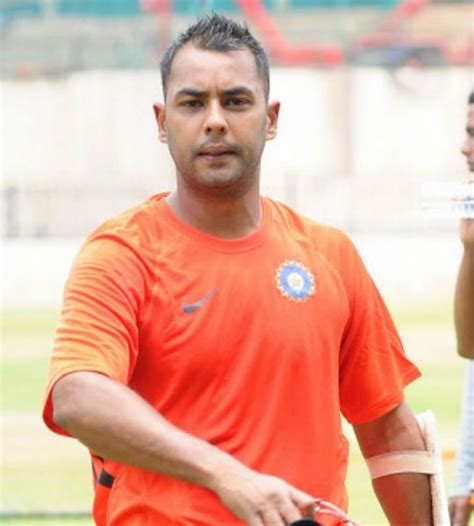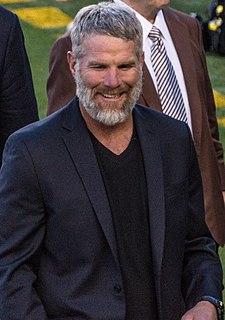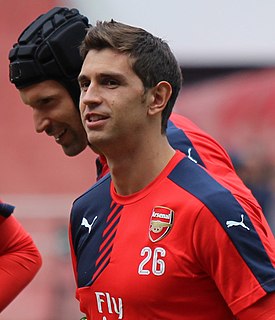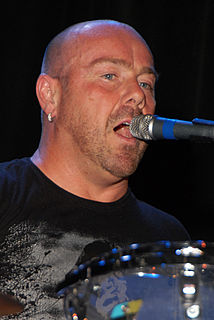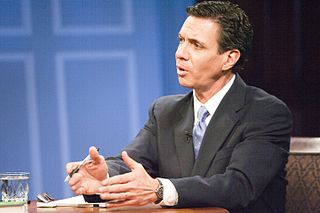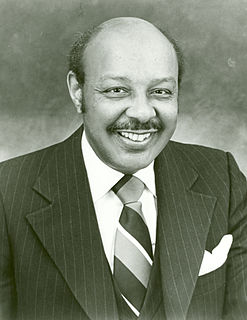A Quote by Matthew Rhys
I first went to the Chubut valley, the colony that runs about 800km across the width of Argentina, in 2000. My uncle had been there tracing family and came back saying I had to go. So a year later I did.
Related Quotes
My uncle was the first one in my family to get a telephone. It was like going to the moon. He came running over to tell us, and we were so proud. A telephone! We didn't have to go to the candy store to phone any more. We went around telling everyone. But we didn't hear from my uncle for three days, so my father got worried. He said, Let's go over there. We got there, and my uncle was very depressed. I asked, What's the matter? He said, I got a telephone and nobody called me. He didn't give his number out - he didn't know that you had to!
I went to art school for about a year. I was born and raised in the Willamette Valley in Oregon into a middle-class family who didn't have the funds to say, "Here, kid. Here's your money for school." So I worked real hard during the summer and saved money and was able to go to school for a year and borrowed a little money which I paid back after that first year.
I'm a product of state schools. I had a working-class family. We had no books. I was the first to go to college. But I didn't really think about it, or about making money. I was just going to be an artist, and I've been fortunate. I've never had to work for anybody nor have I had to write for money. Maybe that's another reason that I've been able to be productive. I haven't had to use my writing to make a living.
I did it in pre-season when we had a bounce game, I went in for a slide tackle and my back was in pain, so I came off. I had a scan a couple of days later and it showed that up. I was worried as there was a little fracture in my back but the physio said I'd be fine and he put my mind at ease. I had two weeks off and was told to do nothing.
I've loved Range Rovers. That goes back to when I was a kid. My dad had the first ever Range Rover that was ever made - the first wave back in the '70s - and he had one every year from that moment, and mom has continued to do that. From the moment they started Range Rovers, they've been in my family.
He read the letter again, but could not take in any more meaning than he had done the first time and was reduced to staring at the handwriting itself. She had made her g's the same way he did : he searched through the letter for every one of them, and each felt like a friendly little wave glimpsed from behind a veil. The letter was an incredible treasure, proof that Lily Potter had lived, really lived, that her warm hand had once moved across this parchment, tracing ink into these letters, these words, words about him, Harry, her son.
The requests started coming in from other prisoners all over the United States. And then the word got around. So I always wanted to record that, you know, to record a show because of the reaction I got. It was far and above anything I had ever had in my life, the complete explosion of noise and reaction that they gave me with every song. So then I came back the next year and played the prison again, the New Year's Day show, came back again a third year and did the show.
The stories of the first refugees that I ever came across in literature - that lots of people ever came across - were in 'The Iliad': the escape of Aeneas with his father on his back, the Trojans, from their burning city, and the defeat of their kingdom and what they had to do to try and find safety.
